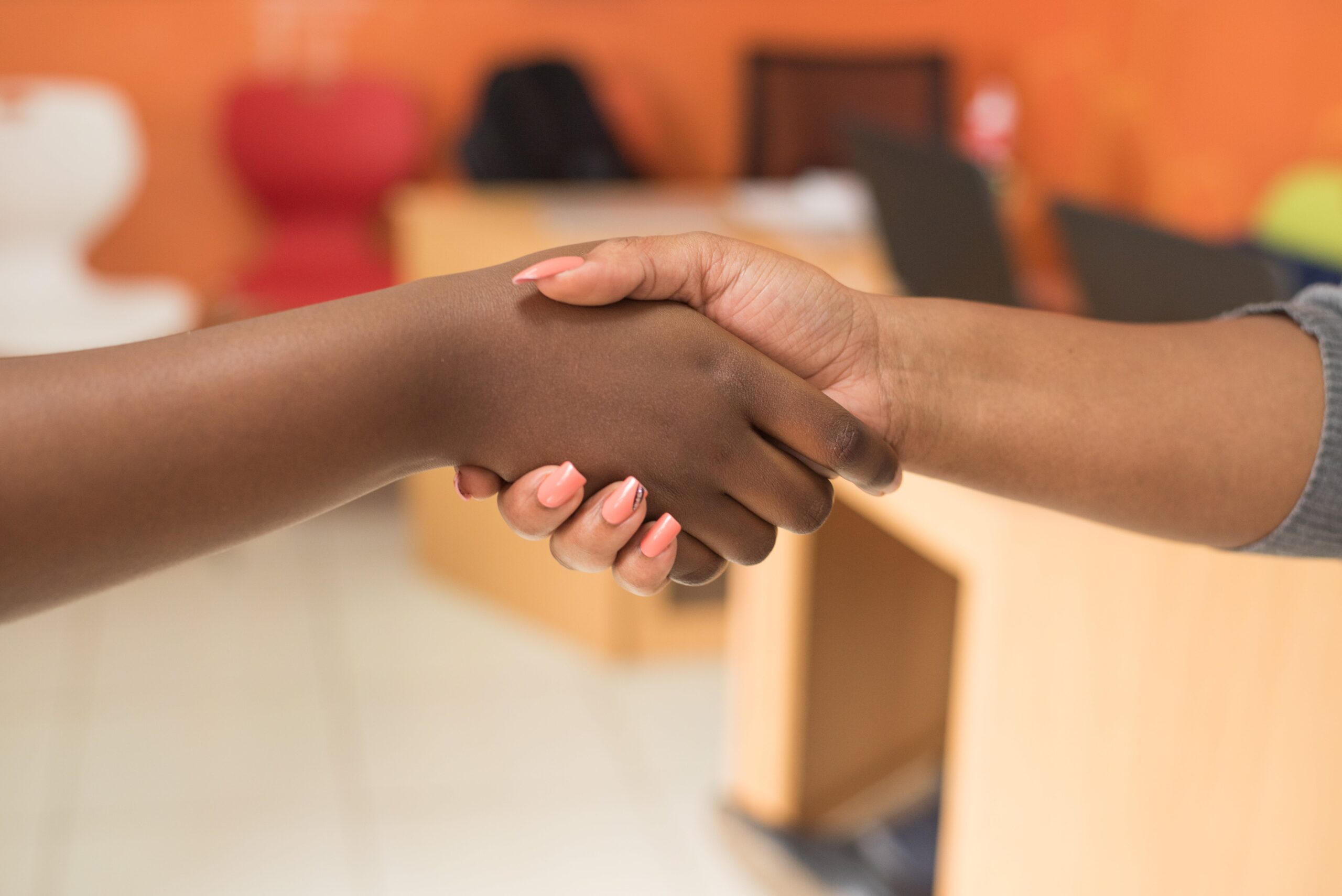Negotiating a Settlement or Going to Court: Your Options for Exercising Your Slip and Fall Legal Rights

Experiencing a slip and fall accident can be a harrowing experience, often leading to physical injuries, emotional distress, and financial burdens. When such accidents occur due to negligence on the part of a property owner or manager, it’s crucial to understand your legal rights and the options available to you. In this blog post, we’ll explore the two primary avenues for seeking compensation after a slip and fall incident: negotiating a settlement and going to court. As legal experts, we’ll provide you with insights to help you make informed decisions about your case.
Assessing Liability and Damages
Before delving into your options, it’s vital to determine liability and assess the damages you’ve incurred. Establishing liability involves proving that the property owner or manager was negligent in maintaining their premises, leading to your slip and fall. Damages encompass the financial, physical, and emotional losses you’ve suffered as a result of the accident, such as medical bills, lost wages, pain and suffering, and any long-term consequences.
Negotiating a Settlement
Negotiating a settlement is often the preferred route for resolving slip and fall claims, as it can save time and costs associated with litigation. Here’s how the process typically works:
Consult with an Attorney: Seeking legal representation is advisable to ensure your rights are protected and your case is appropriately valued.
Demand Letter: Your attorney will draft a demand letter outlining your claims, the evidence supporting them, and the compensation you seek. The property owner’s insurance company will review the letter and respond with a settlement offer.
Negotiation: Your attorney will negotiate with the insurance company to reach a fair settlement. This may involve multiple rounds of negotiation until both parties agree on terms.
Settlement Agreement: Once an agreement is reached, a settlement agreement will be drafted, and you’ll receive compensation in exchange for releasing the property owner from further liability.
Going to Court
If negotiations fail to yield a satisfactory settlement or the other party denies liability, pursuing a slip and fall lawsuit may be necessary. Here’s what to expect:
Filing a Complaint: Your attorney will file a complaint with the appropriate court, outlining your claims and seeking a specific amount of damages. The property owner will be served with the complaint and have an opportunity to respond.
Discovery: Both parties engage in the discovery process, exchanging information and evidence relevant to the case. Depositions, interrogatories, and document requests are common during this phase.
Pretrial Motions: Motions may be filed by either party to address legal issues or request the court’s intervention.
Trial: If a settlement is not reached during pretrial proceedings, the case proceeds to trial. Evidence will be presented, witnesses will testify, and arguments will be made before a judge or jury.
Verdict: The judge or jury will render a verdict, determining whether the property owner is liable and the amount of compensation you’re entitled to if liability is established.
Deciding between negotiating a settlement or going to court after a slip and fall incident is a critical choice that should be made with careful consideration and guidance from legal experts. Each option has its advantages and disadvantages, and the best course of action will depend on the specific circumstances of your case. Consulting with an experienced attorney is paramount to ensuring that your legal rights are protected and that you receive fair compensation for your injuries and losses. Remember, the goal is to achieve the most favorable outcome for your unique situation.
